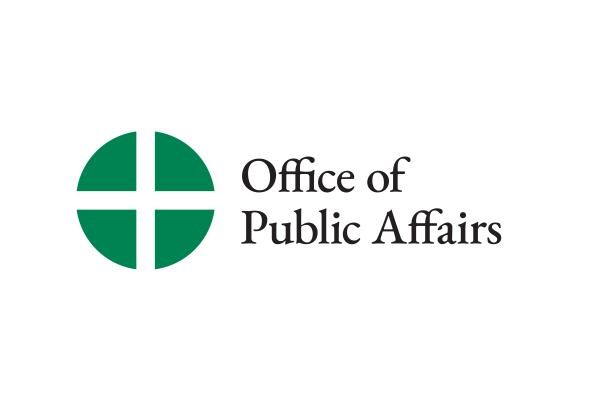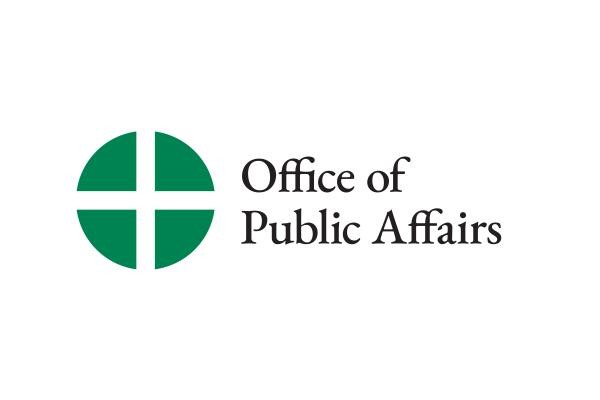Cardinal Calls For Greater Conscience Protection In Health Care Reform On Eve Of Subcommittee Hearing
WASHINGTON—Congress should strengthen conscience protections for health care providers and ensure that health care reform measures do not impede religious liberty, said the U.S. bishops’ chairman of Pro-Life Activities on the eve of a hearing by the House Subcommittee on Health, “Do New Health Law M
WASHINGTON—Congress should strengthen conscience protections for health care providers and ensure that health care reform measures do not impede religious liberty, said the U.S. bishops’ chairman of Pro-Life Activities on the eve of a hearing by the House Subcommittee on Health, “Do New Health Law Mandates Threaten Conscience Rights and Access to Care?”
In a November 1 letter to subcommittee chairman Rep. Joseph Pitts (R-Pennsylvania), Cardinal Daniel DiNardo of Galveston-Houston urged support for the Respect for Rights of Conscience Act (H.R. 1179/S. 1467) and other measures to address flaws in health care reform.
The Patient Protection and Affordable Care Act (PPACA) “excluded longstanding protections for conscience rights on abortion, by failing to apply the annual Hyde/Weldon amendment to the billions of dollars newly appropriated by the Act,” Cardinal DiNardo wrote.“And it created new open-ended mandates for ‘essential health benefits’ and ‘preventive services’ to be included in almost all private health plans, without any provision for individuals or institutions that may have a moral or religious objection to particular items or procedures.”
Cardinal DiNardo added that the preventive service mandate has been exploited by the Department of Health and Human Services (HHS) to force almost all private insurers to cover contraceptives—including some that can cause early abortions—and sterilizations. This mandate comes with a religious exemption that narrowly defines religious employers as those who employ and serve members of their own religion for the purpose of teaching religious doctrine.
“Jesus and the apostles would not be ‘religious enough’ under such a test, as they served and healed people of different religions,” wrote Cardinal DiNardo. “Catholic organizations committed to their moral and religious teaching will have no choice but to stop providing health care and other services to the needy who are not Catholic, or stop providing health coverage to their own employees.This is an intolerable dilemma, and either choice will mean reduced access to health care.”
Cardinal DiNardo said it was troubling that this reduction in care would occur merely as a result of mandated contraception. “Is the drive to maximize contraceptive coverage, even among those who do not want it, such an urgent national priority that it transcends concerns about religious liberty, our nation’s ‘First Freedom,’ as well as concerns about women’s health and about access to basic health care for men and women alike?” he asked.
He included with his letter an advertisement appearing in Politico, The Hill, Roll Call and CQ Today signed by 22 leaders of Catholic organizations objecting to the “preventive services” mandate.
The full text of Cardinal DiNardo’s letter is available at: www.usccb.org/issues-and-action/religious-liberty/conscience-protection/upload/DiNardo-to-Pitts-on-Conscience-Rights-11-1-11.pdf
The advertisement featuring the open letter is available at: www.usccb.org/issues-and-action/religious-liberty/conscience-protection/upload/conscience-rights-open-letter.pdf
---
Keywords: USCCB, Cardinal DiNardo, Committee on Pro-Life Activities, conscience rights, conscience protection, religious liberty, religious exemption, health care reform, PPACA, Respect for Rights of Conscience Act, contraception, abortion


